There are several myths and misconceptions about HIV (Human Immunodeficiency Virus) that persist despite scientific evidence to the contrary. It’s important to debunk these myths to promote accurate information and reduce stigma surrounding HIV. Here are some common myths:
- HIV can be transmitted through casual contact:
- Fact: HIV is not spread through everyday activities such as hugging, shaking hands, sharing food, or using the same toilet. It is primarily transmitted through unprotected sexual intercourse, sharing needles, or from mother to child during childbirth or breastfeeding.
- HIV can be transmitted through kissing:
- Fact: HIV is not spread through casual kissing. The virus is present in higher concentrations in certain body fluids like blood, semen, vaginal fluids, and breast milk, but not in saliva.
- HIV only affects specific groups of people:
- Fact: HIV can affect anyone, regardless of age, gender, sexual orientation, or race. It is not limited to specific groups or communities.
- You can get HIV from mosquito bites:
- Fact: HIV is not transmitted through mosquito bites. The virus is not present in sufficient quantities in mosquito saliva, and it cannot replicate in insects.
- HIV is a death sentence:
- Fact: With advancements in medical treatment, HIV is now a manageable chronic condition. Antiretroviral therapy (ART) helps people with HIV live long and healthy lives. However, early detection and treatment are crucial for better outcomes.
- You can tell if someone has HIV by their appearance:
- Fact: There are no specific physical characteristics that indicate someone has HIV. People with HIV can look and feel healthy, and symptoms may not be apparent for years. The only way to know for sure is through testing.
- HIV can be cured by alternative therapies or natural remedies:
- Fact: As of my knowledge cutoff in January 2022, there is no cure for HIV. While antiretroviral drugs can effectively manage the virus, alternative therapies and natural remedies do not cure HIV. It’s essential to rely on scientifically proven medical treatments.





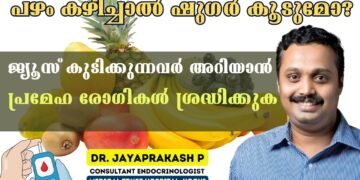













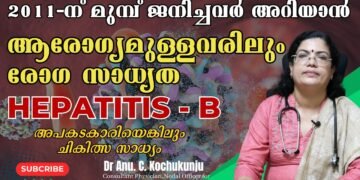
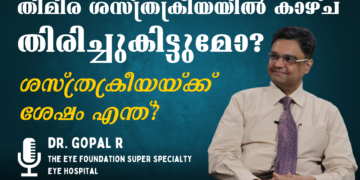
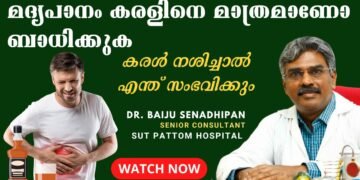
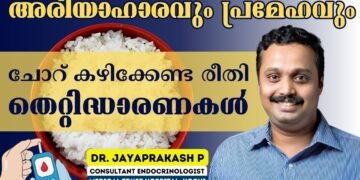
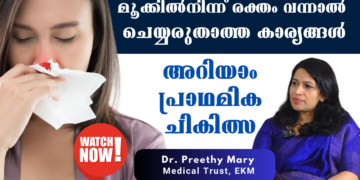

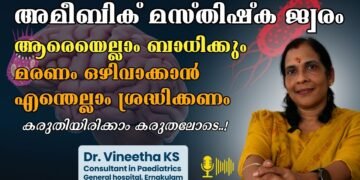

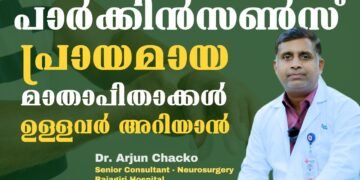



Discussion about this post